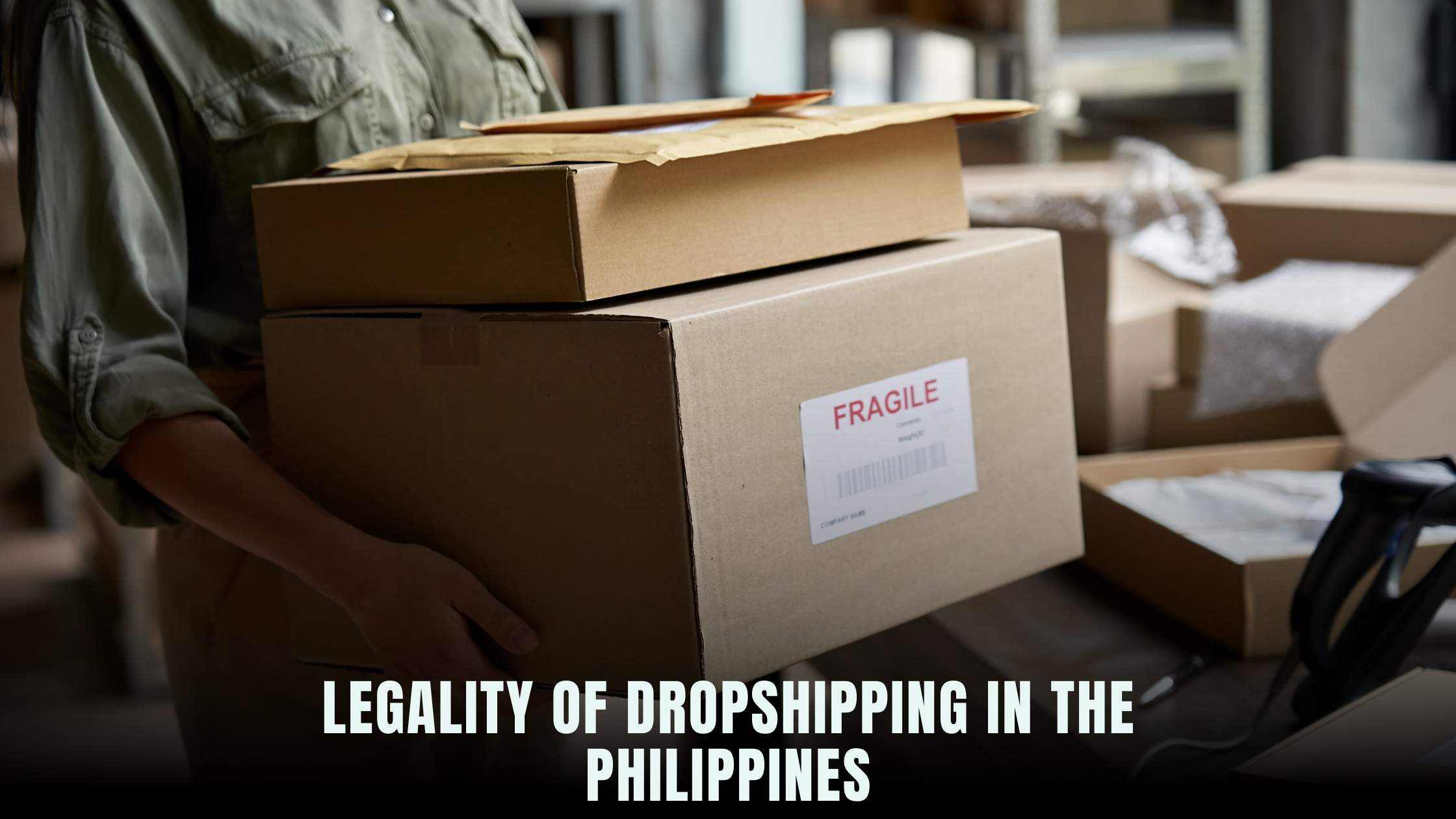Legality of Dropshipping in the Philippines: Insights
- Expense Management Software Credit Cards Investing Business Solutions


Dropshipping has emerged as a popular business model worldwide, allowing entrepreneurs to start e-commerce ventures with minimal upfront investment. However, the legality of dropshipping in specific countries, such as the Philippines, is a subject of scrutiny and confusion. In this article, we delve into the legality of dropshipping in the Philippines, providing comprehensive insights and guidelines for aspiring dropshippers in the country.
Understanding Dropshipping in the Philippines
Dropshipping is a retail fulfillment method where a store doesn’t keep the products it sells in stock. Instead, when a store sells a product, it purchases the item from a third party and has it shipped directly to the customer. This model eliminates the need for inventory management and upfront investment in stock, making it an attractive option for aspiring entrepreneurs.
Legal Considerations for Dropshipping in the Philippines
While dropshipping itself is a legitimate business model, entrepreneurs in the Philippines must consider various legal aspects to operate within the bounds of the law. Key considerations include:
- Business Registration: Dropshippers in the Philippines are required to register their business with the appropriate government agencies, such as the Department of Trade and Industry (DTI) for sole proprietorships or the Securities and Exchange Commission (SEC) for partnerships and corporations.
- Tax Compliance: Dropshipping businesses are subject to Philippine tax laws, including income tax, value-added tax (VAT), and other relevant taxes. Entrepreneurs must ensure proper tax registration and compliance to avoid penalties and legal issues.
- Intellectual Property Rights: Dropshippers must respect intellectual property rights and avoid selling counterfeit or pirated goods. It’s essential to source products from reputable suppliers and ensure compliance with copyright, trademark, and patent laws.
- Consumer Protection: Dropshipping businesses must adhere to consumer protection laws in the Philippines, including providing accurate product information, honoring warranties and return policies, and addressing customer complaints promptly and transparently.
Is Dropshipping Legal in the Philippines?
The legality of dropshipping in the Philippines primarily depends on compliance with existing laws and regulations governing business operations, taxation, and consumer protection. While there are no specific laws prohibiting dropshipping, entrepreneurs must ensure legal compliance to operate legitimately and avoid legal repercussions.
Relevant SaaS Products for Dropshippers in the Philippines
To streamline dropshipping operations and ensure legal compliance, entrepreneurs in the Philippines can leverage the following SaaS products:
- Shopify: Shopify is a leading e-commerce platform that facilitates dropshipping businesses. It offers features for product sourcing, order fulfillment, and store management, enabling entrepreneurs to launch and scale their dropshipping ventures seamlessly.
- Oberlo: Oberlo is a dropshipping app integrated with Shopify, allowing entrepreneurs to find products to sell online, add them to their Shopify store, and fulfill orders automatically. It simplifies product sourcing and order management for dropshipping businesses.
- AliDropship: AliDropship is a WordPress plugin that enables entrepreneurs to build and automate their dropshipping stores using AliExpress. It offers features for product import, pricing customization, and order fulfillment, empowering entrepreneurs to create successful dropshipping businesses.
- QuickBooks: QuickBooks is accounting software that helps dropshippers in the Philippines manage their finances, track expenses, and ensure tax compliance. It simplifies bookkeeping tasks and provides insights into the financial health of dropshipping businesses.
- Taxumo: Taxumo is an online tax compliance platform tailored for businesses in the Philippines. It automates tax calculations, filing, and payment processes, helping dropshippers stay compliant with Philippine tax laws and regulations.
For exclusive deals and discounts on essential SaaS products for dropshippers mentioned in this article, entrepreneurs can explore Subscribed.FYI Deals. By signing up for free, users gain access to savings on a wide range of SaaS tools, including e-commerce platforms, accounting software, and tax compliance solutions, enhancing their dropshipping experience in the Philippines.
Relevant Product Links:








